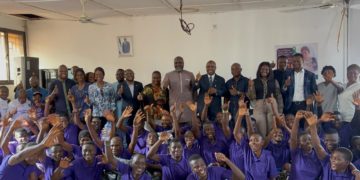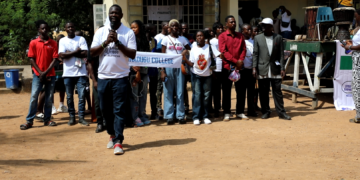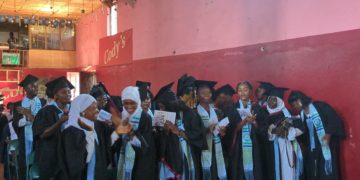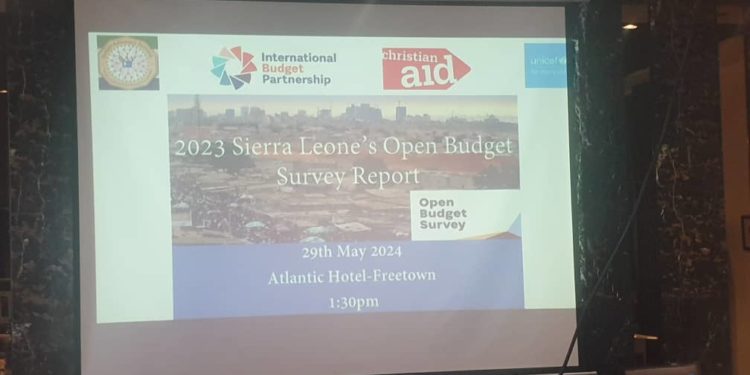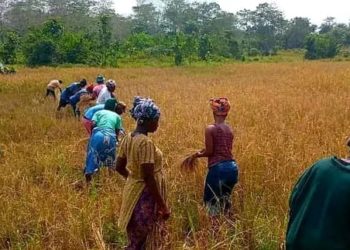By Juliana E. P. Kabba
The Budget Advocacy Network (BAN) last week unveiled the 2023 Sierra Leone Open Budget Survey report, highlighting significant advancements in budget transparency. This comprehensive assessment, conducted by independent experts, scrutinizes public access to budget information, citizen participation in the budgeting process, and the effectiveness of budget oversight institutions.
The Open Budget Survey (OBS) is the only independent, comparative, and fact-based research tool that evaluates these crucial areas across 125 countries. This 9th edition of the OBS offers an in-depth look at how governments manage public resources and engage with citizens regarding budget decisions.
In a statement issued at the end of the event, BAN outlined the areas where Sierra Leone has made progress and where further efforts are needed. It emphasizes the country’s improved transparency score but noted the decline in public participation and the ongoing challenges in accountability systems.
Sierra Leone’s transparency score rose to 55%, a notable improvement from 45% in 2021. This score places the country 47th globally, up from 64th in the previous survey, surpassing regional counterparts like Liberia (52%), Ghana (46%), Nigeria (31%), Gambia (36%), Sao Tome Principe (32%), and Equatorial Guinea (4%).
However, the score still falls short of the benchmark 60%, indicating room for improvement.
Abu Bakarr Kamara, BAN coordinator, emphasized the need for the government to publish the pre-budget statement online at least a month before submitting the executive budget proposal to parliament and to release the mid-year review within three months after the six-month period.
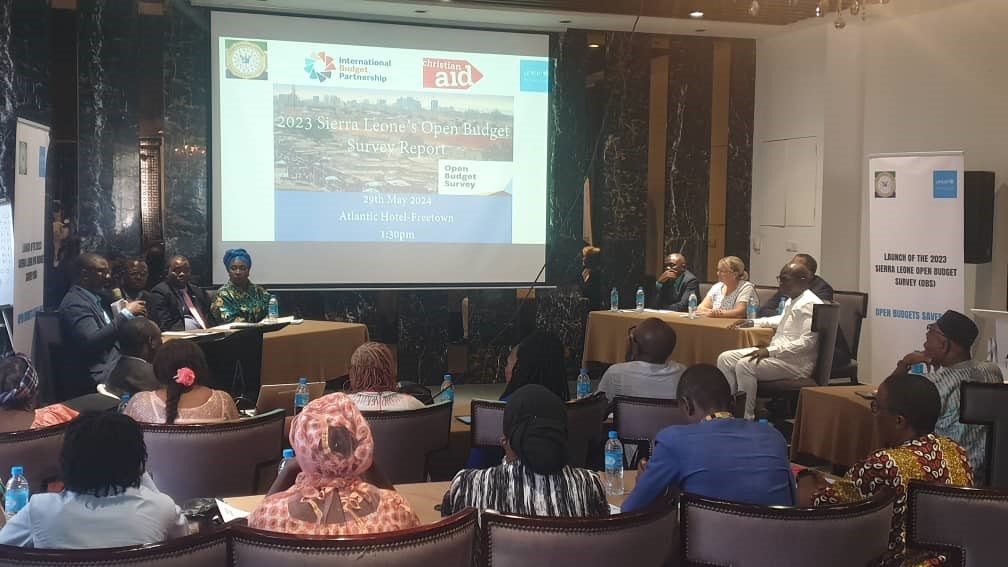
Despite gains in transparency, public participation in the budget process has declined, according to te report. Sierra Leone scored only 20 out of 100 in this area, down from 31 in 2021. This decline underscores the need for more robust mechanisms to involve citizens meaningfully in the budget process, ensuring that public funds are allocated in alignment with citizens’ needs and priorities.
The report also highlighted limited budget oversight, with a composite score of 46 out of 100. This score reflects the roles of the legislature and supreme audit institutions in monitoring and evaluating budget implementation. Strengthening these institutions is essential for enhancing accountability and ensuring that public resources are used effectively.
The launch event featured a detailed presentation of the OBS findings by the BAN Coordinator and Abu Bakarr Tarawally, followed by a panel discussion moderated by Andrew Lavalie. The panel included representatives from parliament, UNICEF, the Ministry of Finance, and Audit Service Sierra Leone.
Liv Elin Indreiten, UNICEF’s country representative, and Wayne Mitchell, the IMF’s resident representative for Sierra Leone, also addressed the attendees.
Wayne Mitchell, in his keynote address, stressed the importance of budget advocacy and transparency. He commended BAN for its efforts to educate citizens about budget allocations and the necessity of public involvement in ensuring accountability. Mitchell highlighted that countries with higher citizen engagement in budget processes tend to have better outcomes for their populations.
As Sierra Leone continues to make strides in budget transparency, the focus must now shift to enhancing public participation and strengthening oversight institutions. These steps are crucial for ensuring that budgetary decisions reflect the public interest and that public funds are managed responsibly.
The 2023 Open Budget Survey report serves as a critical tool for civil society and government alike, providing a roadmap for improving fiscal transparency and accountability in Sierra Leone.



